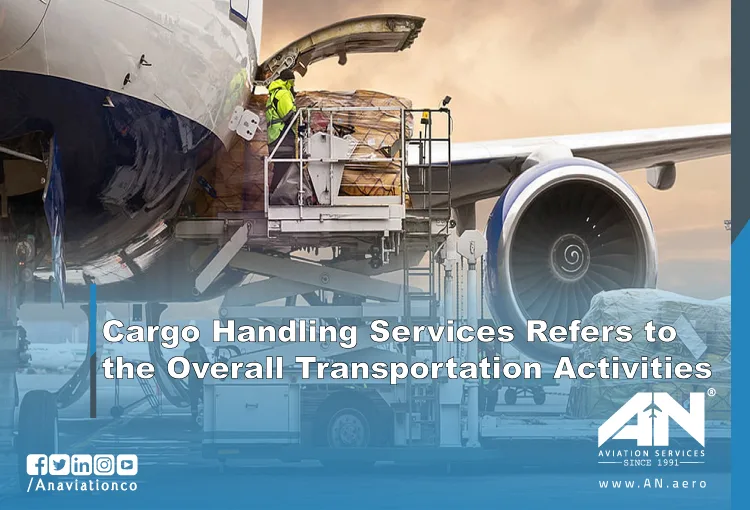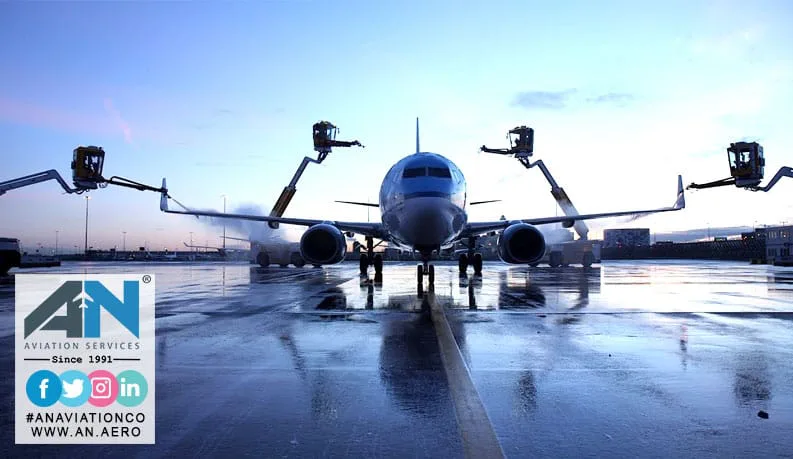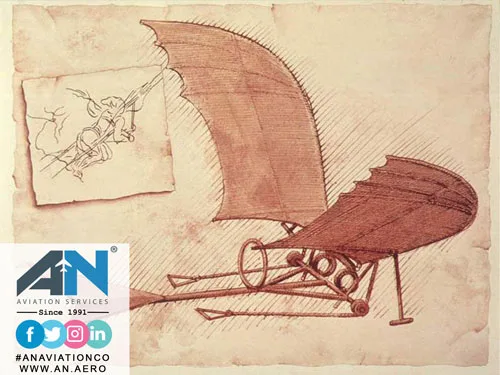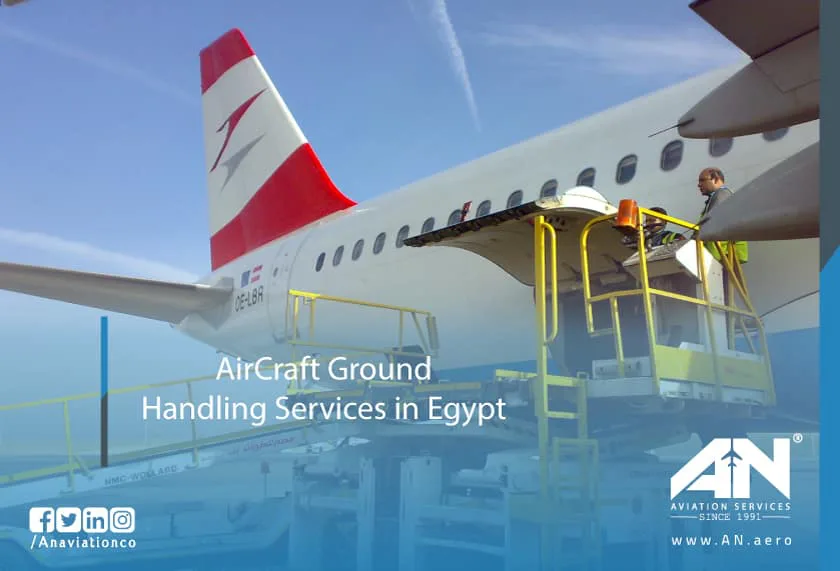
In the dynamic world of global logistics, cargo handling services form the cornerstone of efficient transportation activities. As economies expand and global trade intensifies, air cargo has become an indispensable component of supply chain operations. These services encompass a wide range of tasks, from loading and unloading freight to ensuring its safe and timely delivery. Without effective cargo handling, the seamless movement of goods across borders would be virtually impossible.
This blog explores the various facets of cargo handling, the key processes involved, and the importance of these services in modern transportation activities.
What Are Cargo Handling Services?
At its core, cargo handling refers to the set of operations necessary for the safe and efficient transfer of goods via air transportation. These services involve managing cargo from the moment it arrives at the airport until it reaches its intended destination. This includes activities such as loading and unloading, storing, securing, and transporting goods within the airport premises.
Cargo handling services aim to:
- Maintain the integrity and security of goods.
- Ensure timely deliveries.
- Reduce errors and inefficiencies in cargo transfer.
Air cargo handling is an integral part of the logistics ecosystem, ensuring that businesses and individuals can rely on air transportation for fast and reliable movement of goods worldwide.
The Key Components of Cargo Handling Services
Acceptance and Documentation:
Before goods are transported, they must undergo a rigorous documentation and acceptance process. This includes verifying the cargo’s weight, dimensions, and condition. Accurate records are crucial to ensure compliance with air transportation regulations and customs requirements.
Storage and Security:
Once accepted, cargo is moved to secure storage facilities. Storage areas are equipped to handle a variety of goods, including perishables, hazardous materials, and high-value items. Advanced security measures are implemented to safeguard shipments from theft or damage.
Loading and Unloading Operations:
Loading and unloading cargo onto and off aircraft require precision and expertise. Cargo handling teams use specialized equipment, such as forklifts and conveyor belts, to manage this task efficiently. The proper distribution of cargo is vital to maintaining an aircraft’s balance and ensuring flight safety.
Specialized Handling Services:
Certain types of cargo, such as pharmaceuticals, live animals, or temperature-sensitive goods, require specialized care. Cargo handling services are tailored to meet the unique requirements of these shipments, ensuring they remain in optimal condition throughout their journey.
Customs Clearance Assistance:
Cargo handling services often include support for customs clearance. This involves ensuring that all required documentation is in order and that goods comply with international trade regulations. Smooth customs clearance minimizes delays and keeps goods moving efficiently.
The Role of Air Cargo in Global Trade
Air cargo is a vital component of the global economy, enabling businesses to transport goods quickly and reliably. From e-commerce shipments to time-sensitive materials like medical supplies, air cargo plays a pivotal role in meeting the demands of modern consumers and industries.
One of the key advantages of air cargo is its speed. While sea and land transportation are cost-effective for large or non-urgent shipments, air cargo is the preferred choice for goods that need to reach their destination in the shortest possible time. This is particularly true for industries such as healthcare, technology, and fashion, where rapid delivery is essential.
Challenges in Cargo Handling Services
Despite its importance, cargo handling comes with its own set of challenges. Some of the most common include:
Regulatory Compliance:
Air cargo must adhere to strict international regulations, including those related to safety, security, and environmental impact. Staying compliant requires constant vigilance and expertise.
Handling Specialized Cargo:
Managing temperature-sensitive, hazardous, or high-value items requires specialized training, equipment, and infrastructure. Mishandling these goods can result in significant losses.
Efficiency and Speed:
With tight schedules and growing demand, ensuring efficiency in cargo handling is a constant challenge. Delays at any stage of the process can disrupt supply chains and impact businesses.
Security Concerns:
Protecting cargo from theft, tampering, or damage is a top priority. Implementing robust security measures and staying ahead of potential threats is crucial to maintaining trust in air cargo services.
How Technology is Shaping Cargo Handling Services?
Modern cargo handling has been revolutionized by the integration of advanced technologies. Innovations such as automated systems, real-time tracking, and artificial intelligence (AI) have improved the efficiency and reliability of cargo operations.
- Real-Time Tracking: Cargo tracking solutions allow businesses and customers to monitor shipments in real time, providing greater transparency and peace of mind.
- Automated Systems: From robotic loaders to automated sorting systems, technology has streamlined the loading and unloading process, reducing errors and increasing efficiency.
- AI and Predictive Analytics: AI-powered tools help predict potential delays or issues in the supply chain, enabling proactive measures to mitigate disruptions.
By leveraging these technologies, the air cargo industry continues to enhance its capabilities and adapt to the demands of an increasingly interconnected world.
The Importance of Cargo Handling in Air Transportation
Efficient cargo handling services are essential for maintaining the flow of goods across borders and supporting global trade. These services contribute to:
- Economic Growth: By facilitating the movement of goods, air cargo supports businesses and stimulates economic activity.
- Consumer Satisfaction: Fast and reliable cargo handling ensures that products reach customers on time, enhancing their overall experience.
- Supply Chain Resilience: Well-organized cargo handling operations minimize disruptions and keep supply chains running smoothly.
Conclusion
Cargo handling services are the backbone of air transportation, enabling the efficient movement of goods across the globe. From managing specialized shipments to navigating complex regulations, cargo handlers play a crucial role in ensuring that air cargo reaches its destination safely and on time. As technology continues to advance, the future of cargo handling looks even more promising, with innovations set to streamline operations and enhance reliability.
Whether it’s delivering essential medical supplies, supporting businesses, or facilitating e-commerce, air cargo is an indispensable part of modern logistics. With the ongoing evolution of cargo handling services, the industry is well-positioned to meet the growing demands of global trade and maintain its vital role in the world economy.
FAQ
How is automation redefining the efficiency of modern cargo handling services?
Automation is no longer just about conveyor belts; it is about “Intelligent Flow.” Modern facilities use Automated Storage and Retrieval Systems (ASRS) and robotic palletizers to move goods with surgical precision. These systems reduce human error and physical strain, allowing hubs to operate 24/7 with a much higher throughput density. By integrating these machines with warehouse management software, cargo handlers can now process “just-in-time” shipments with a fraction of the traditional lead time.
What role does IoT play in the real-time tracking of air and sea cargo?
The “Internet of Things” (IoT) has turned passive boxes into “smart assets.” Small, sensor-rich devices are now attached to shipments to monitor not just location, but also humidity, tilt, and shock. This real-time data is beamed to a central dashboard, giving shippers and handlers an “X-ray view” of the entire journey. If a shipment of electronics experiences a sudden temperature spike or a rough drop, the system triggers an immediate alert, allowing for proactive intervention before the goods are compromised.
How do cargo handlers ensure the integrity of the global “Cold Chain”?
Maintaining the cold chain is a high-stakes race against time, especially for pharmaceuticals and perishables. Modern cargo handling services utilize “Active Container” technology—refrigerated units that act as mobile climate-controlled vaults. On the ground, “Cool Dollies” are used to transport these units from the warehouse to the aircraft belly, ensuring the thermal bridge is never broken. This seamless integration of refrigerated storage and specialized tarmac transport is what allows life-saving vaccines to travel across continents without losing potency.
Why is “Digital Documentation” becoming mandatory for high-speed cargo hubs?
The industry is moving toward a “Paperless Ramp.” By replacing physical airway bills and manifests with digital “e-AWBs,” cargo handlers eliminate the risk of lost paperwork and manual data entry errors. This digital shift allows for “Pre-Clearance,” where customs and security data are processed while the goods are still in the air. For the customer, this means that once the plane touches down, the cargo can be released and loaded onto trucks in hours rather than days.
Can AI-driven “Predictive Slotting” reduce the cost of warehouse storage?
Yes, AI is currently the most powerful tool for space optimization. By analyzing historical shipping patterns and seasonal trends, AI algorithms can predict which items will move the fastest and “slot” them near the loading docks to minimize movement. For slower-moving cargo, the system finds the most space-efficient storage depth. This “Predictive Slotting” maximizes every square inch of the warehouse, reducing operational overhead and allowing cargo handlers to offer more competitive pricing to their clients.





